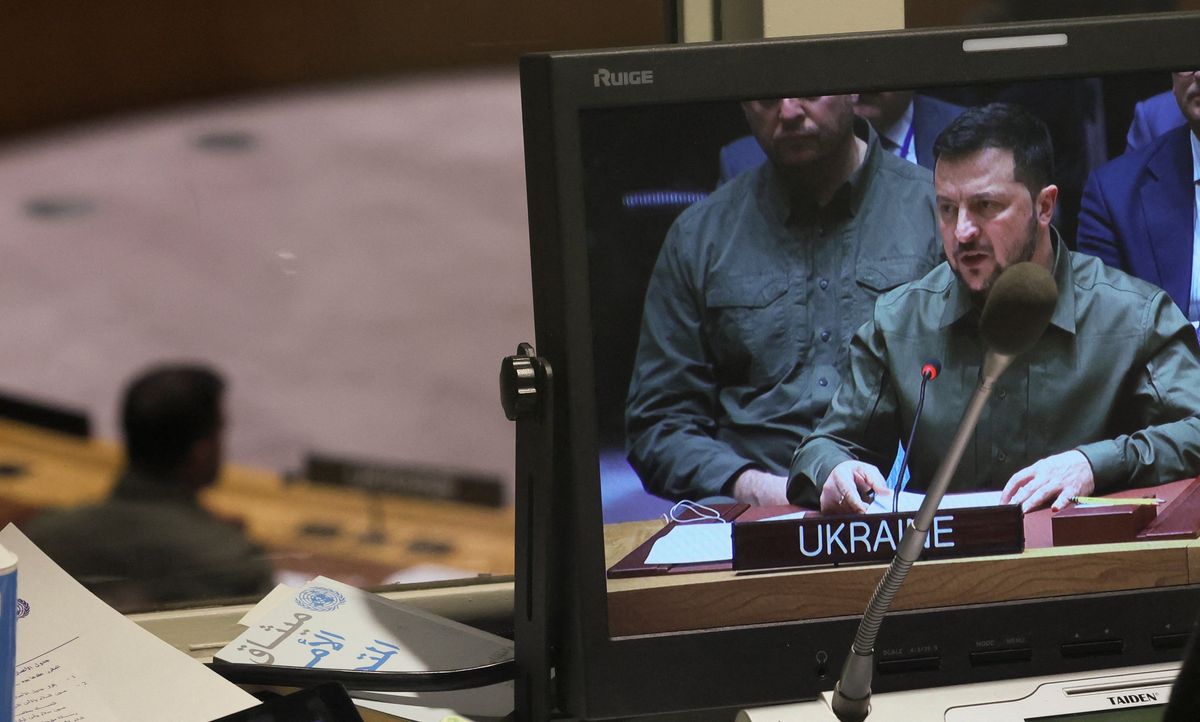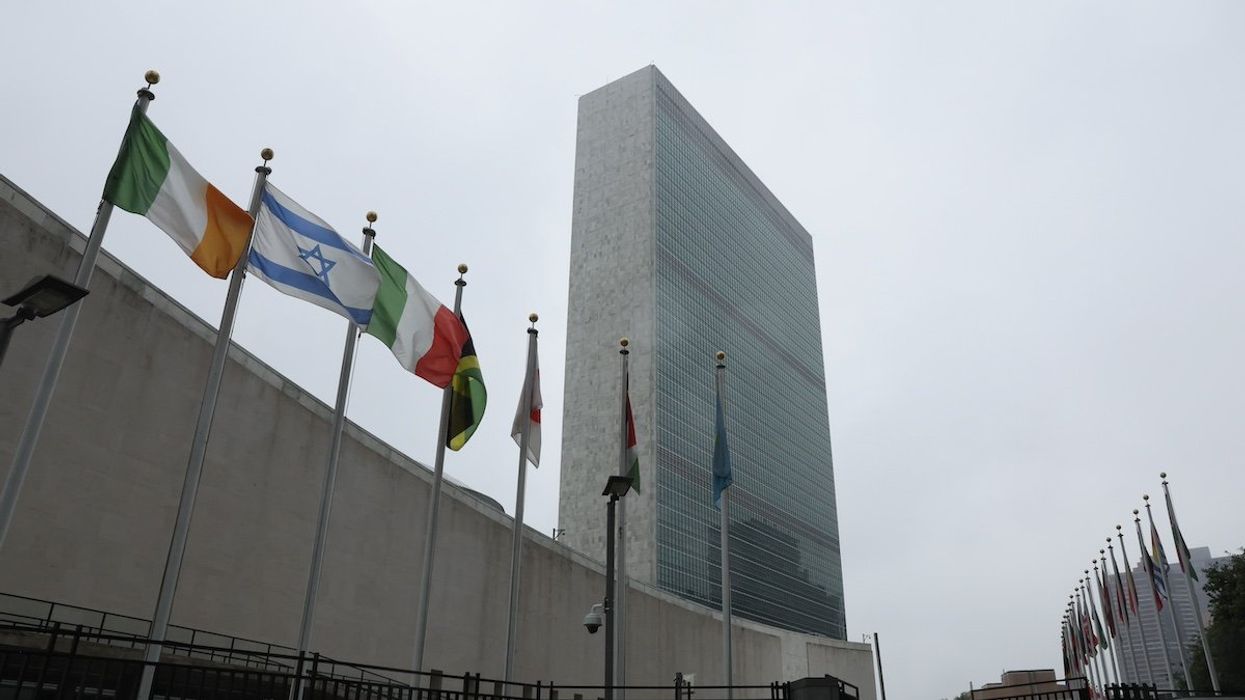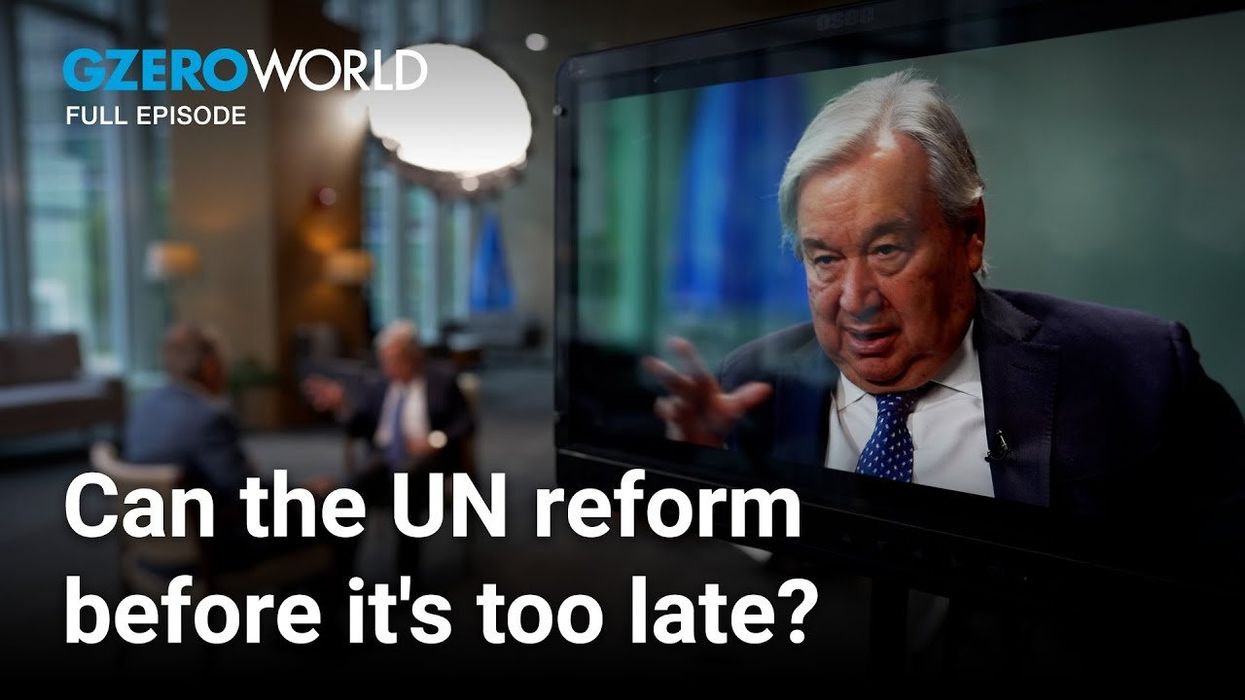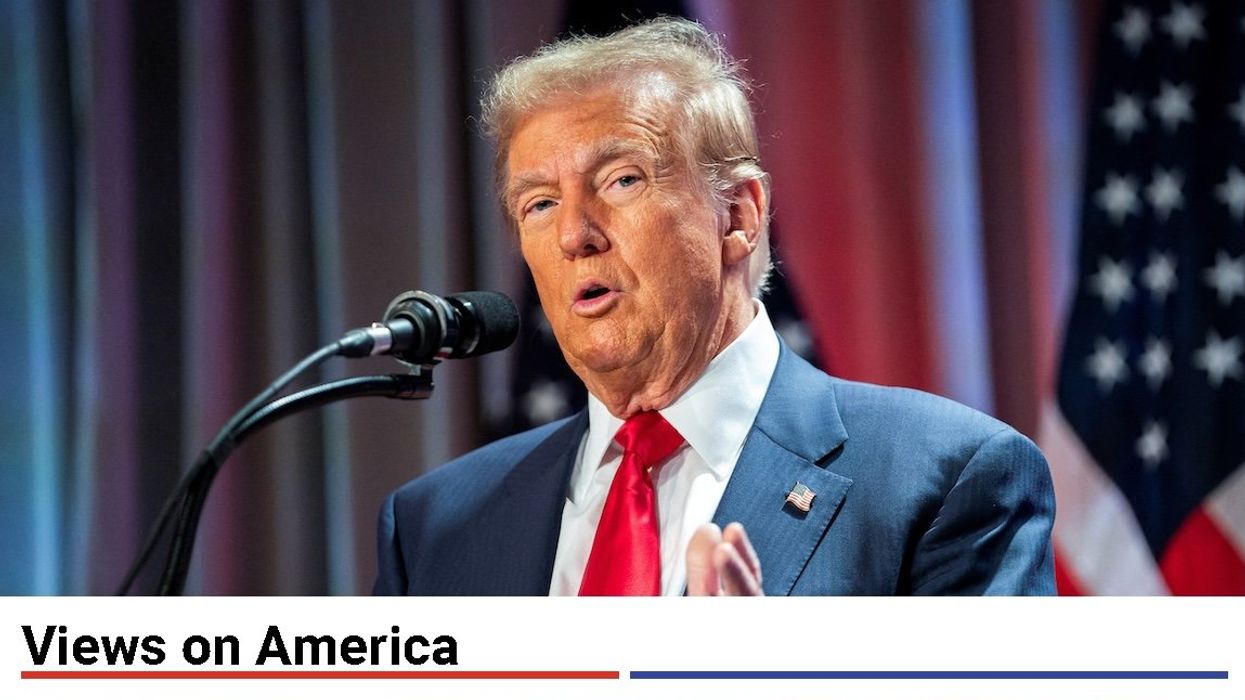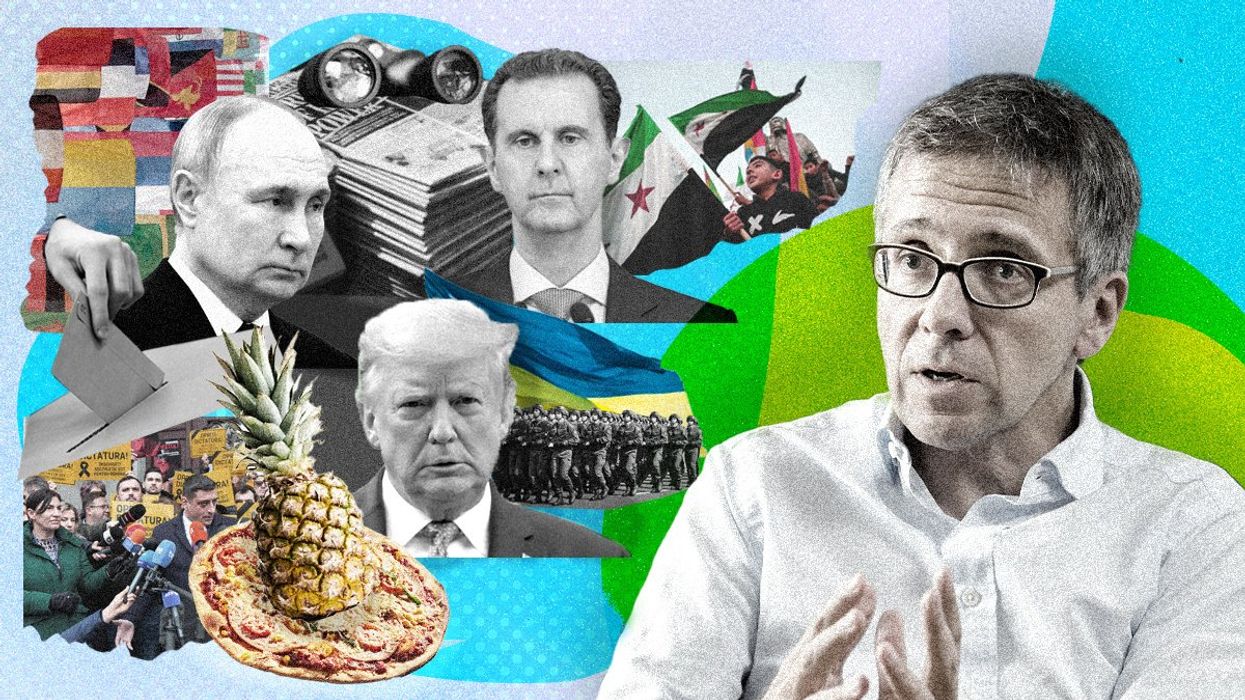It was another big day at the UN General Assembly. Again, much of the attention centered around Ukraine’s President Volodymyr Zelensky who attended a prickly meeting at the UN Security Council.
Ukraine, for its part, is not currently a member of the UNSC, but was invited to attend the session where, sitting across from the Russian Ambassador, Zelensky called Russia a “terrorist state.” Zelensky left the chamber before Foreign Minister Sergey Lavrov sat down, avoiding a potential confrontation.
Still, much of the Ukrainian president’s speech was directed not at the Russian delegation but at the Security Council itself. He joined the chorus of others calling for urgent reform of the powerful body, arguing that Russia's veto power is undermining the Council's mission. “Ukrainian soldiers are doing with their blood what the UN the Security Council should do by its voting,” he said.
While President Joe Biden said this week in his address before the General Assembly that the US supports such reform efforts, it’s hard to imagine that any of the permanent members of the Council that have the veto power– the US, UK, China, Russia, and France – would be willing to dilute their own clout.
Crucially, Zelensky proposed a change to rules that would allow the UN General Assembly – composed of 193 states – to override UNSC resolutions with a two-thirds majority. But as things are currently structured, that vote itself would be subject to … a UN Security Council veto.
Continuing his shuttle-diplomacy efforts, Zelensky met with Chile’s President Gabriel Boric, where he said the two discussed the prospect of coordinating a Ukraine-Latin America summit. Boric’s embrace of Zelensky has been notably different from other Latin American states, including Brazil, Argentina and Mexico, that have in fact abstained from at least one UN resolution condemning Russian aggression.
Finally, Zelensky also met with his German counterpart Chancellor Olaf Scholz in what was broadly seen as an attempt to get Berlin to earmark more military aid for Kyiv.
Another interesting side meeting took place between Biden and Israel’s Prime Minister Benjamin “Bibi” Netanyahu. It was hardly the White House meeting Bibi had been hoping for – particularly after the Biden side released a cool statement saying the two had a “candid and constructive” conversation on issues including “upholding our democratic values.” This was likely a nod to the White House’s disapproval of the Israeli government’s current attempt to gut the power of the independent judiciary that’s led to some of the biggest protests in Israel on record.
Still, in the broader realm of geopolitics it was a pretty good day for Bibi: On Wednesday, Saudi Crown Prince Mohammed bin Salman gave a rare interview to FOX News where he said that Israel and Saudi were inching close to a normalization deal, a huge foreign policy priority for the Netanyahu government.
